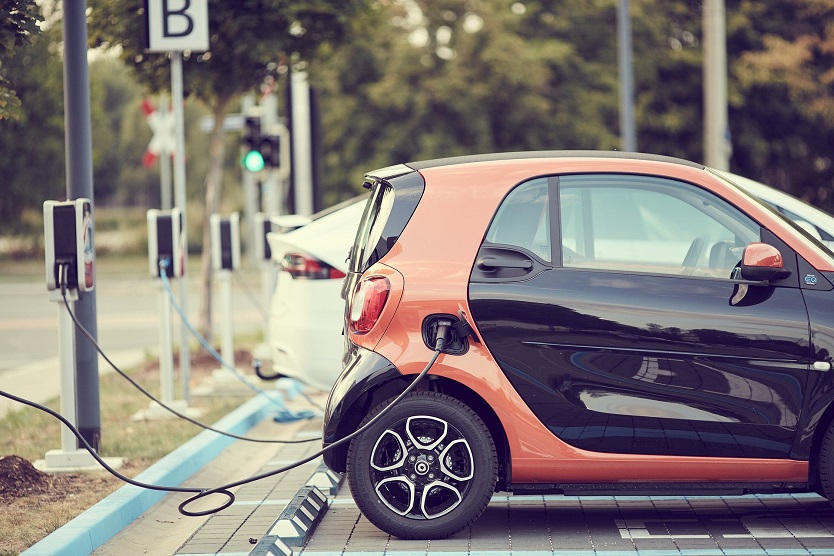
The widespread market entry of electric mobility will create new sources of waste like the batteries
With the spread of electric mobility, the German car industry and the energy sector are facing one of the most significant upheavals of our time. In order to encourage the use of electric vehicles, the German government is currently developing a masterplan for an extensive charging infrastructure, so that nationwide ‒ even in remote communities – it will be possible to charge a car battery.
The fuel of the future will therefore no longer be petrol in the tank, but electricity stored in a lithium-ion battery permanently fixed in the car. But batteries age with time and with the number of times they are charged. And the European market alone would require twice as many battery cells in future as are currently available on the world market. This also raises the question of where we can dispose of used battery cells, which already require enormous amounts of energy to produce.
On the other hand, great potential is seen in the use of batteries as large-scale energy storage tanks. Several thousand batteries combined can supply the electricity market with control energy and serve as a buffer for peak loads and excess electricity from renewable energy sources. A German industrial consortium of medium-sized companies and technical universities is currently working on this in order to battery storage give a ‘second life’. From 2019-2021, the EffSkalBatt project is developing an efficient and scalable technical system for stationary battery storage.
In order to extend the life of the batteries, the different systems made by the vehicle manufacturers must be made compatible with one another. A further point is that the variety of batteries that will be available in future cannot be predicted.
Different settings and cell types are combined to improve performance and electronic systems. First, the power electronics required for connecting the batteries to the grid must be developed and tested in a subproject. The grid connection will be analysed and optimised in simulations. A benchmark still to be developed should make the various concepts in the system for the operation of the storage systems comparable and assessable. Finally, a comprehensive assessment will analyse the battery storage system and further optimise it.
The Federal Ministry for Economic Affairs and Energy is providing more than €1.3 million in funding for this groundbreaking research.


